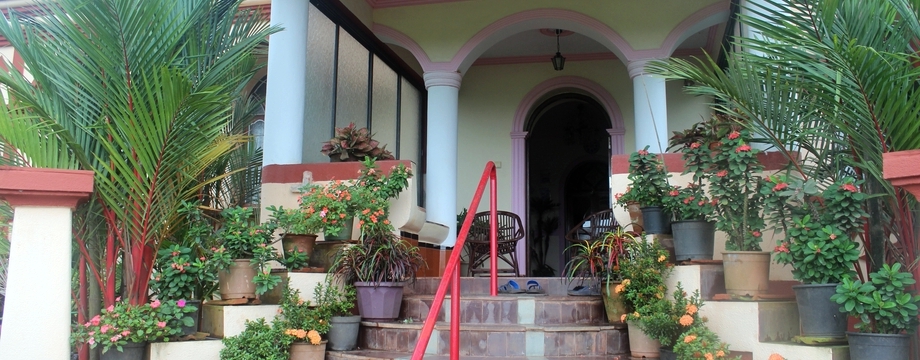Author Archives: Nostalgoa
Fetyêk mharog
This phrase has its origin in jewellery. Gold, for example, is expensive enough. But the quality of the design adds to the cost, mainly due to the goldsmith’s labour involved. The phrase is used when the material is relatively cheap but the cost of the finished product grows out of proportion to the cost of the material. … Continue reading
Mãy nasleleak bara mãyô
“Mãy nasleleak bara mãyô” literally means “one who has no mother has twelve mothers”. However, the number twelve actually means “numerous”, and is more or less equivalent to the words “umpteen” and “zillion” in English usage. We see the word bara used in in a similar way in the proverb we have already seen: Mel’lê mhoxik … Continue reading
Umtea Kollxar Udok
Umtea kollxar udok literally means “water on a large upside-down water pot. The equivalent English metaphor, “water off a duck’s back”, is therefore almost a literal translation of the Konkani one, except that as the water is poured from above, the umto kollso below is replaced by the duck. Yet the Konkani metaphor is perhaps more thorough in its representation in … Continue reading
Bara brêstar ani tera sunkrar
“Bara brêstar ani tera sunkrar” literally means “twelve Thursdays and thirteen Fridays” and offers no clue to its intended significance. It is true that the number thirteen has been generally considered as unlucky, so much so that sometimes even builders and owners of apartment buildings give in to the superstition and take you from the 12th … Continue reading
Pronunciation Guidelines
Konkani language sounds, like the sounds of all or at least most other languages, can be categorized into vowels and consonants.
Muy zaunk zai ani sakhor khaunk zai
Literally: One must become an ant and (= to) eat sugar
The Bees in a Goan’s Bonnet
Francis Fernandes is an educated Goan and I would think he speaks English very well. Except that when you ask him where you could find Bosteanv Bhattkar, he tells you that Bosteanv Bhattkar “bees at Pedru’s bar” in the evenings. You wonder what bees he’s talking about. Perhaps he lacks proper grounding in English grammar?


